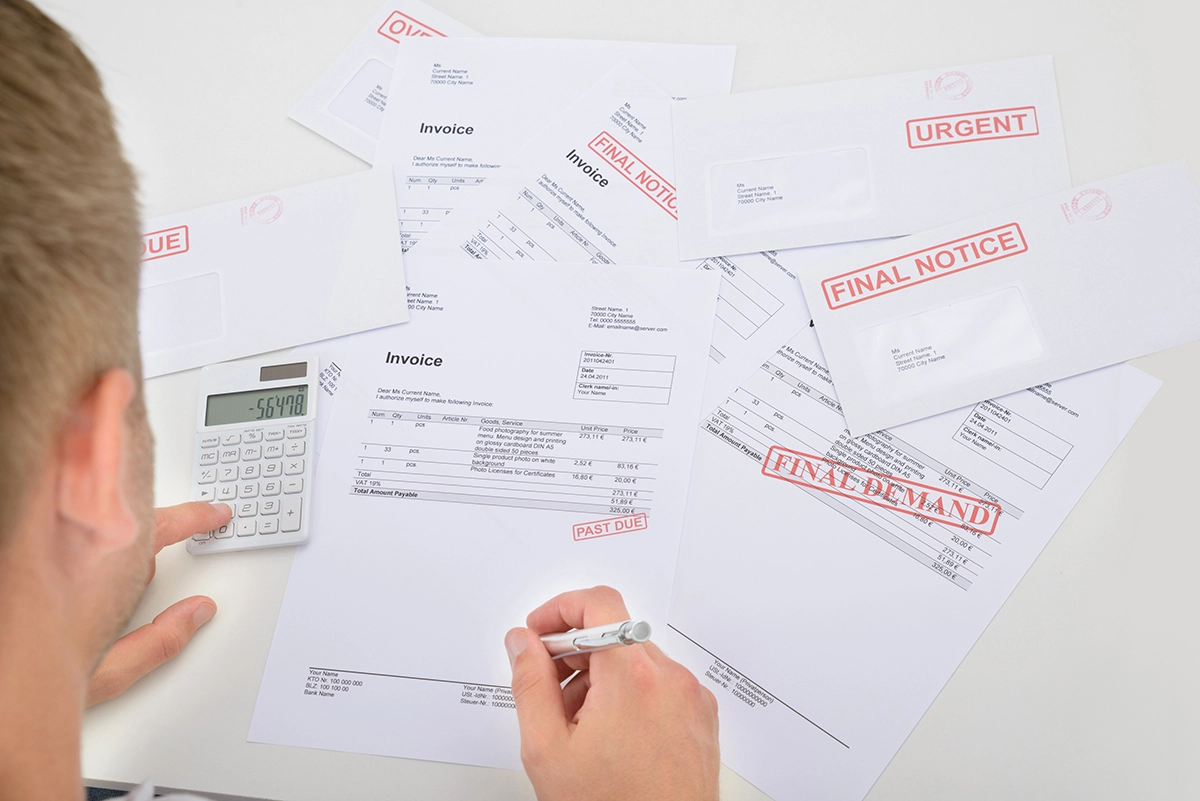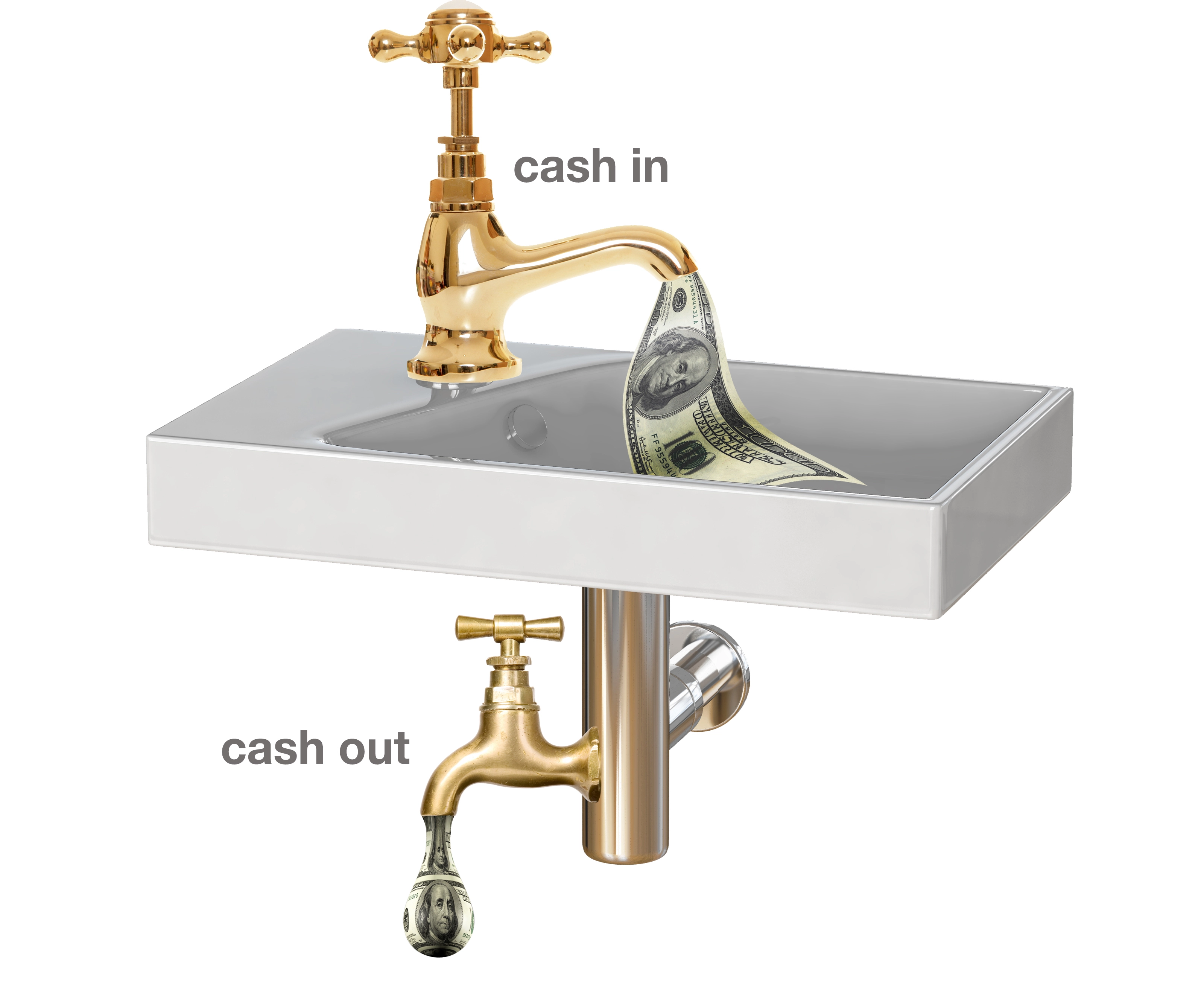Diligently monitor monthly reports and move quickly to stop these problems.
Last month I gave you the seven dead giveaways that your financial statements are wrong. Now I’ll tell you how to fix them.
1. Negative cash. Unless you regularly bounce checks, you’ll always have a positive balance in your checking account — even if it is a penny. If you see negative cash on your balance sheet, go into your bookkeeper’s office. Look for checks that have been printed and are waiting for your signature. Do not allow any more checks to be printed without money in the bank to cover the checks! Your balance sheet must be accurate. With negative cash and inaccurate accounts payable, you can’t make good business decisions.
2. Even inventory value or inventory that doesn’t change from month to month. This shows that you aren’t accounting for material expenses properly. Remember that inventory is a bet. You bet your hard-earned cash that when you buy something, you will be able to sell it. Go to your warehouse to see what types of bets you’ve made in the past. When inventory doesn’t change from month to month, you have no clue as to what your true material expenses are.
This means that your margins may or may not be accurate. Your financial software program should have a job-costing module. It should also have a purchase-order system to track what you buy that goes into inventory and what goes directly to material expense (i.e., the materials are bought for a job). Use it!
When a service technician uses a part on a job, he can get it from the supply house or take it off his truck. If he goes to the supply house, he should have a purchase-order number to record on the invoice. If he takes a part off his truck, he writes a “T” on his invoice next to the part so that the office knows that it came from his truck inventory.
3. A balance sheet that doesn’t balance. Fire your bookkeeper. I’m not kidding. This is one of the basic rules of accounting that all bookkeepers should know. If this happens, your books are totally wrong and need to be corrected. I’ve known one situation in more than 25 years that there was a legitimate reason for a balance sheet not balancing (The bookkeeper had stolen from the company, and they were accounting for it. She was fired and sent to jail).
If you have a balance sheet that doesn’t balance, look at your computer system set up and see if it allows “one legged entries.” If so, then someone can put in a debit without a credit or an unbalanced entry. This is usually how the balance sheet doesn’t balance. Put in the command to not allow “one legged entries.”
4. Negative taxes payable. This is a situation where your bookkeeper has made wrong entries when accounting for your payroll tax payments. This one is not necessarily a fireable offense but does require training in payroll processing.
There are two components to FICA taxes — a segment that the employee pays, and a segment that the employer pays. The segment that the employer pays is an expense to the business. The segment that the employee pays is deducted from his pay and owed to the government along with the company segment of FICA. When these payments are recorded properly, you don’t have negative taxes payable.
5. No rent or extremely high overhead expenses. This is a laziness situation. For most of us, overhead expenses such as rent are paid every month. If you don’t see a rent expense each month, that is just sloppy bookkeeping. Your bookkeeper should ensure that all overhead expenses are recorded in the correct month. Just because you didn’t pay your rent doesn’t mean that you didn’t have the expense!
6. Negative loan balances. This usually is the same issue as negative cash. Your bookkeeper has recorded loan payments incorrectly. The only portion of the payment that should go on the balance sheet is the principal repayment. The interest you pay is an expense to the company and goes on the profit-and-loss statement.
7. Inconsistent gross margins. I’ve seen gross margins go from 70% to 5% — and even go negative in the same few months. This is an “apples and oranges” issue; but, again one of sloppy bookkeeping. When you have a sale, you must post the expenses against that sale in the same month. Otherwise, your gross margin varies widely.
Don’t close a month without making sure all of the revenue and direct expense for that revenue are in the same month. This is the only way you can have peace of mind knowing that your jobs are being installed as they were bid.
Your bookkeeper is responsible for giving you accurate financial statements. Find another bookkeeper if these seven issues are happening frequently.
Ruth King has over 25 years of experience in the hvacr industry and has worked with contractors, distributors, and manufacturers to help grow their companies and become more profitable. She is president of HVAC Channel TV and holds a Class II (unrestricted) contractors license in Georgia. Ruth has written two books: The Ugly Truth About Small Business and The Ugly Truth About Managing People. Contact Ruth at ruthking@hvacchannel.tv or 770.729.0258.





